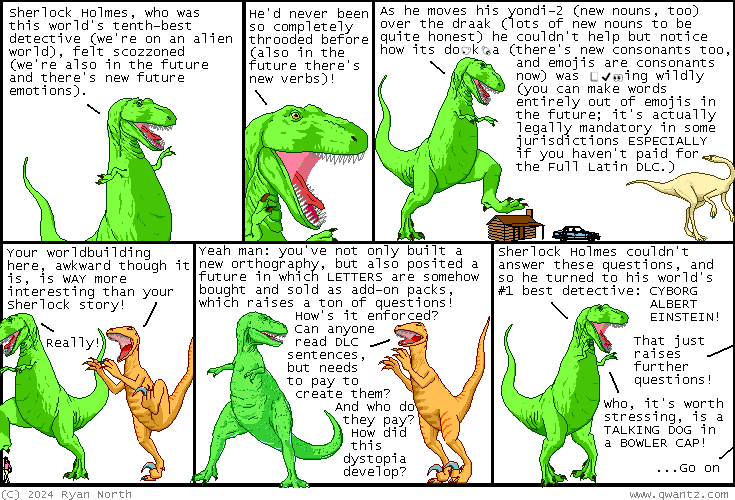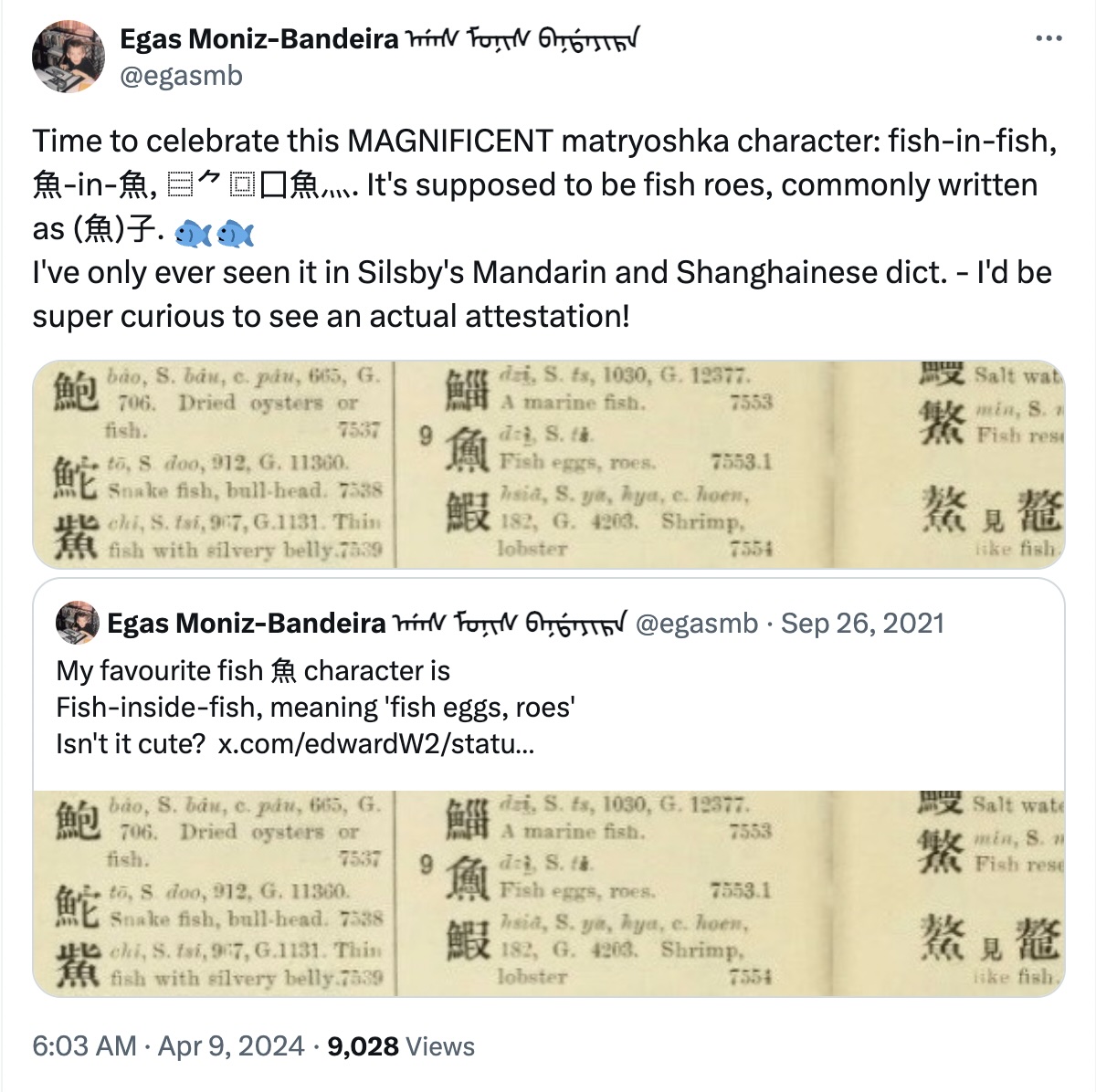l'Univers(i)té
In a comment on yesterday's post ("High vowel lenition/devoicing in French"), carveuir wrote:
Ha! As a final-year undergraduate in 2015, I mentioned having come across devoicing of the second /i/ in "université" to my French linguistics tutor and he didn't believe me. Finally I've been vindicated.
My impression is that this is common and perhaps almost categorical in Québecois vernacular, but more gradient (or maybe I should say less complete?) in Parisian French. So I looked from some examples of the word université in a collection of transcribed radio broadcasts and political speeches from France. And I found a few, all of which were consistent with my impression. So my recent series of French phonetic anecdotes continues below.
Read the rest of this entry »


